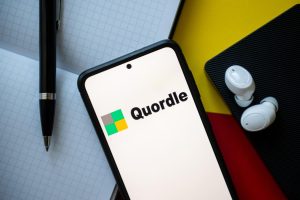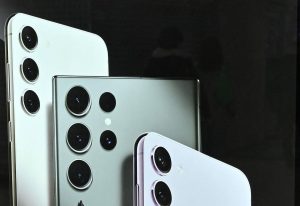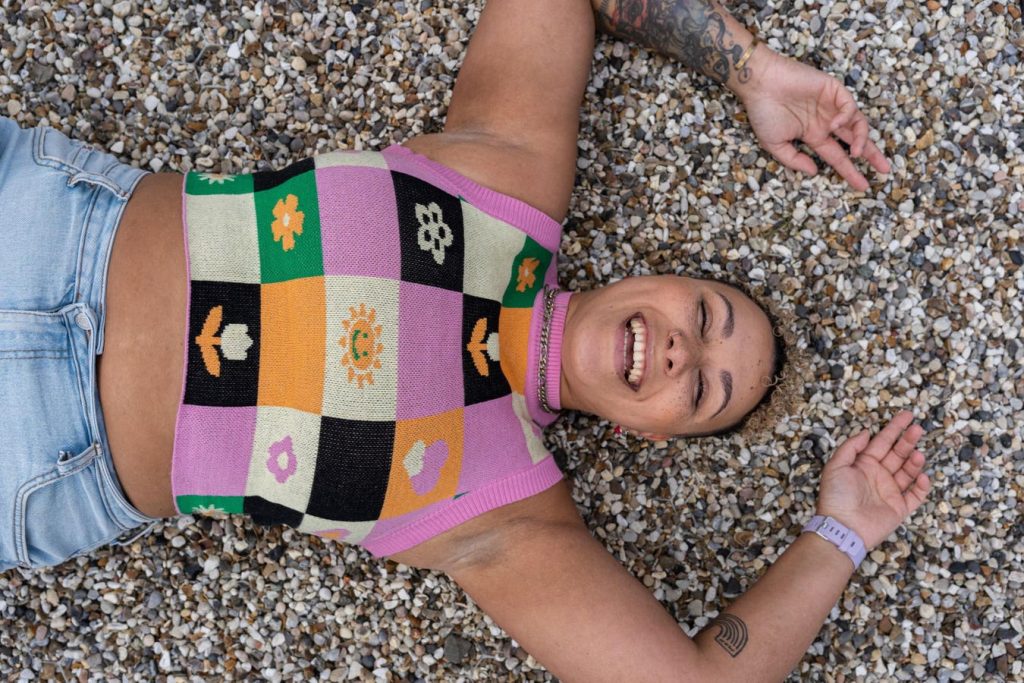In a press release published earlier this week, stock photography company Getty Images announced the introduction of the #AutisticOutLoud campaign in partnership with Hiki, a neurodiversity-centric friendship and dating app targeted towards members of the autistic community. The campaign’s goal is to “increase authentic representation of autistic people through the lens of the community.”
“Today, about 15‑20% of the population worldwide is considered to be neurodivergent, spanning different genders, ages, races, and more,” Getty said of the #AutisticOutLoud initiative. “Bringing in content creators and photographers who identify as autistic, the #AutisticOutLoud campaign features a curated gallery of images and videos that show the diversity and resilience of the community. The creators will become part of Getty Images’ global contributor network.”
According to Getty content created for #AutisticOutLoud will live on in the company’s Disability Collection, as well as on Unsplash. As Getty noted, creators will become part of Getty’s global contributor network.
“The autistic community is not a monolith,” said Hiki founder and chief executive officer Jamil Karriem in a statement included in the press release. “Yet in media and entertainment, they’re often infantilized or stereotyped as savants with a voice that typically centers the experience of white males. At Hiki, our mission is to connect all people across the autistic community, and give them a place where their identities and lived experiences can be honored and validated. A crucial part of that is for the autistic community to be seen for all of their tremendous differences and nuances as unique individuals.”
Karriem was interviewed by me for this space back in January 2021.
For Getty, the joint venture with Hiki is about better representation.
“We’re excited to be a part of this initiative and bring in new perspectives from talented creators who very much represent the diversity of the autistic community,” Dr. Rebecca Swift, Getty’s global head of creative insights, said in a statement. “This content is another step in our ongoing work of visualizing disability and our aim is to emphasize to content creators, brands and agencies the true nature of our global community.”
Hiki, based in New York, takes its name for the Hawaiian word for “able.” The app began after Karriem was told in confidence by one of his cousins, who is autistic, that he feared not being able to find love nor have a family. This is not uncommon within the autism community; some 8 in 10 adults on the spectrum say they feel lonesome, while the CDC reports 40% of autistic adults “spend little or no time with friends.”
Read the full article here










